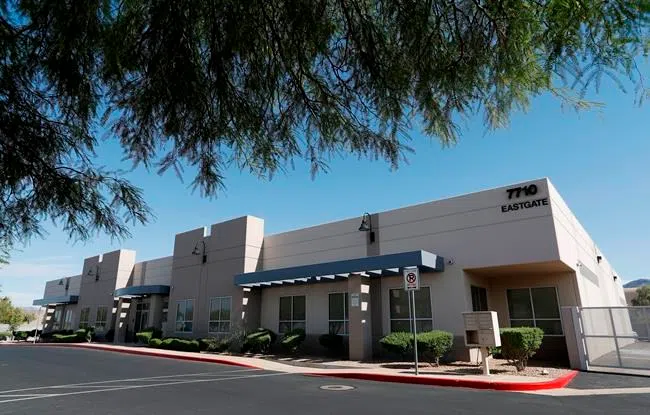
Trump lawyer loaned to taxi mogul in weed biz
NEW YORK — President Donald Trump’s personal attorney, whose business dealings are being investigated by the FBI, and the lawyer’s father-in-law have lent $26 million in recent years to a taxi mogul who is shifting into the legalized marijuana industry, according to documents obtained by The Associated Press.
Semyon “Sam” Shtayner, a longtime business associate of Michael Cohen’s father-in-law, created Nevada-based Cannaboss LLC the day before the 2016 election. A few months later, he took a majority position in a company that is provisionally licensed to cultivate medicinal marijuana and produce edibles, the records show.
“He personally manages over 500 taxi medallions, but he is looking to transition from the medallion business to the cannibas (sic),” according to the personal narrative Shtayner submitted last October to city officials in Henderson, Nevada, that was obtained by the AP under the state’s public records law.
It’s not clear whether Shtayner used any of the loans — $6 million of which have come directly from Cohen since 2014 — to finance his grow operation.
